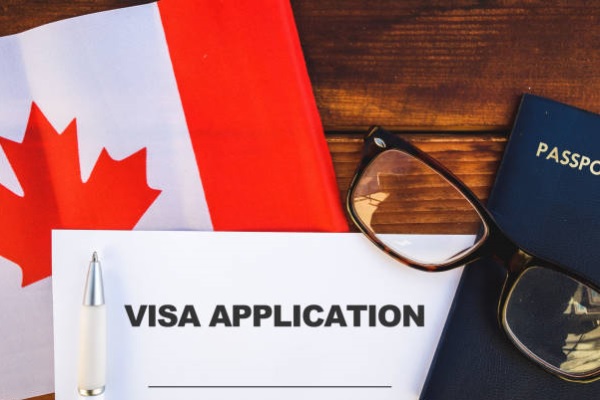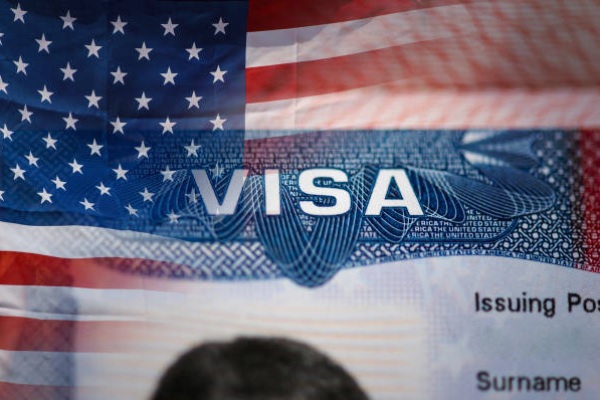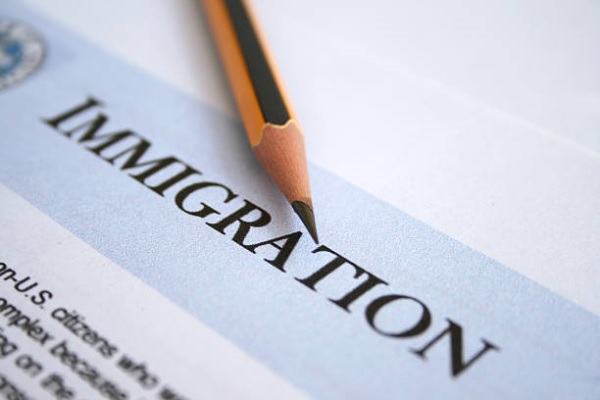Blogs

- IMB Immigration Law | Ravneet Kaur Brar
- 17 March 2022
Immigration Compliances And Audits-Multinationals
Most Multinational companies, for both efficiency and expansion reasons, experience staff mobility from one country to the other. The global mobility of workforce also brings forth a challenge for the employer to ensure that the employer and employees are both compliant with the foreign country work and immigration compliances. Immigration rules are getting complex and the penalties of non-compliance are getting more and more stringent. Therefore, we, at IMB Immigration Law, work with the businesses and corporations that move staff around various locations across the globe, to have periodic audits and reviews of their internal immigration systems. Immigration Audits review current policies and practices for-
- Monitoring employees Immigration Status
- Checking Documents
- Keeping records
Purpose of an immigration audit is to maintain immigration related compliances in the country of work. It can involve various steps including, but not limited to:
- Systems addressing sponsorship requirements such as minimum skill levels, minimum salary levels and advertising a vacancy to settled workers first.
- System to ensure sponsors’ record keeping of recruitment and of ongoing employment…
- Systems addressing sponsors’ duty to report to the Immigration authorities on events relating to the foreign employee’s employment and circumstances.
- Right to work document checking systems and processes ( documents that are acceptable, when and how to check information, store and annotate it)
- Processes to ensure no discriminatory practices are followed to comply with Prevention of Illegal Working requirements.
We recommend the employers must maintain internal systems to manage these compliances as the rules and regulations change all the time in Immigration ecosystem. Internal process can be divided into three parts
- Corporate Immigration Policy- Immigration policy that must be followed and updated on a monthly basis should be maintained.
- Create and monitor Candidate selection Process
- Create a questionnaire or visa request form to be completed by the applicant
- Seek all documents and details
- Match up with the vacancies or positions overseas
- Interview the candidate and select
- Forward the selected list of candidates and documents to the law firm filing the paperwork
- Manage Visa application process
- Visa application completion
- Copy of the approval documents ( to be kept with the employer as well)
- Employer and employee Post visa compliances
- Candidate travel plans and visa stamps
- Keep copies of Landing documents
- Joining date and joining documents (e.g. I-9 for USA)
- Tickler system
- Visa issuance period
- Termination of employment ( log in immediately)
- Reminder timelines (renewal process at least 6 months before expiry)
Non-Compliances Result In Penalties/Fines
The employer bears the onus of maintaining the records and making sure all government filings are timely done. Immigration documentary non-compliances by employers attract fines and penalties and have resulted in getting the employer blacklisted in many extreme cases.
The compliance requirements for each country are different. We, at IMB Immigration Law, have developed checklists for mobility heavy countries like United States, Canada, UK and EU. The US compliances are mentioned below, in brief.
US Specific-Employer Immigration Compliances
The Immigration Reform and Control Act of 1986 (IRCA) was established to prevent ineligible individuals to work in the United States. The act requires employers to complete an I-9 form for each employee within three days of hire.Employers can demonstrate compliance by following the I-9 verification requirements and treating all new hires the same. This includes the following steps:
- Complete The I-9 Form For All New Hires. This form establishes that individuals hired are authorized to work in the United States.
- Update And Reverify I-9s As Needed. Ensure that all of their I-9s are properly completed and in order.
Timely Collection Of Documents From The Employees
Communication with the employees is important. Employers should explain the reasonsfor collection of documents at the beginning of employment. They should be explained that the form must be completed under federal law and that the employee will not be able to continue working for the organization if he or she cannot provide these documents. Communicating with each employee individually on this matter is important. Verbal communication or an e-mail or a memo to the employee should be maintained and kept in the Form I-9 audit file.Organizations should establish a due date for employees to provide documentation.
Review Originals
Employers must view the originals (not copies) of their documents. Current dates should be used when completing the Form I-9. The date of hire is the employee’s actual date of hire, which may have been years earlier. Employers should attach a short memo to the corrected Form I-9 explaining that there was no I-9 on file and that the employee completed the I-9 at the time of the audit. This will demonstrate that the employer is making a good faith effort to be in compliance.
If an employee does not provide the required documents within the appropriate time frame, the employer should either terminate his or her employment or place the employee on a leave of absence. The employee should be informed that he or she may be able to continue work for the organization once he or she provides proof of eligibility to work in the United States, if that is the intention of the organization.
Coordination Within The Organization
Immigration and HR should be coordinating on a weekly basis to maintain the mobility data of the company.
H-1B Specific Compliances
Employer is required to maintain a Public Access File and Private Access File for each employee on H-1B status. A copy of the completed labor condition application with instructions (Form ETA-9035 with Form ETA‑9035CP – if filed electronically, the employer should retain the original signed LCA in the public access file. Documentation showing the wage rate paid to the H‑1B worker – meaning the precise wage paid to the H-1B worker in actual salary and not an estimate.
Please reach out to us at info@imbimmigrationlaw.com for the compliance requirements and details for Canada, UK, EU countries or south East Asian nations like Philippines etc. Ravneet Kaur Brar at IMB Immigration Law is an International Immigration lawyer and experienced in handling both corporate and personal immigration matters.





